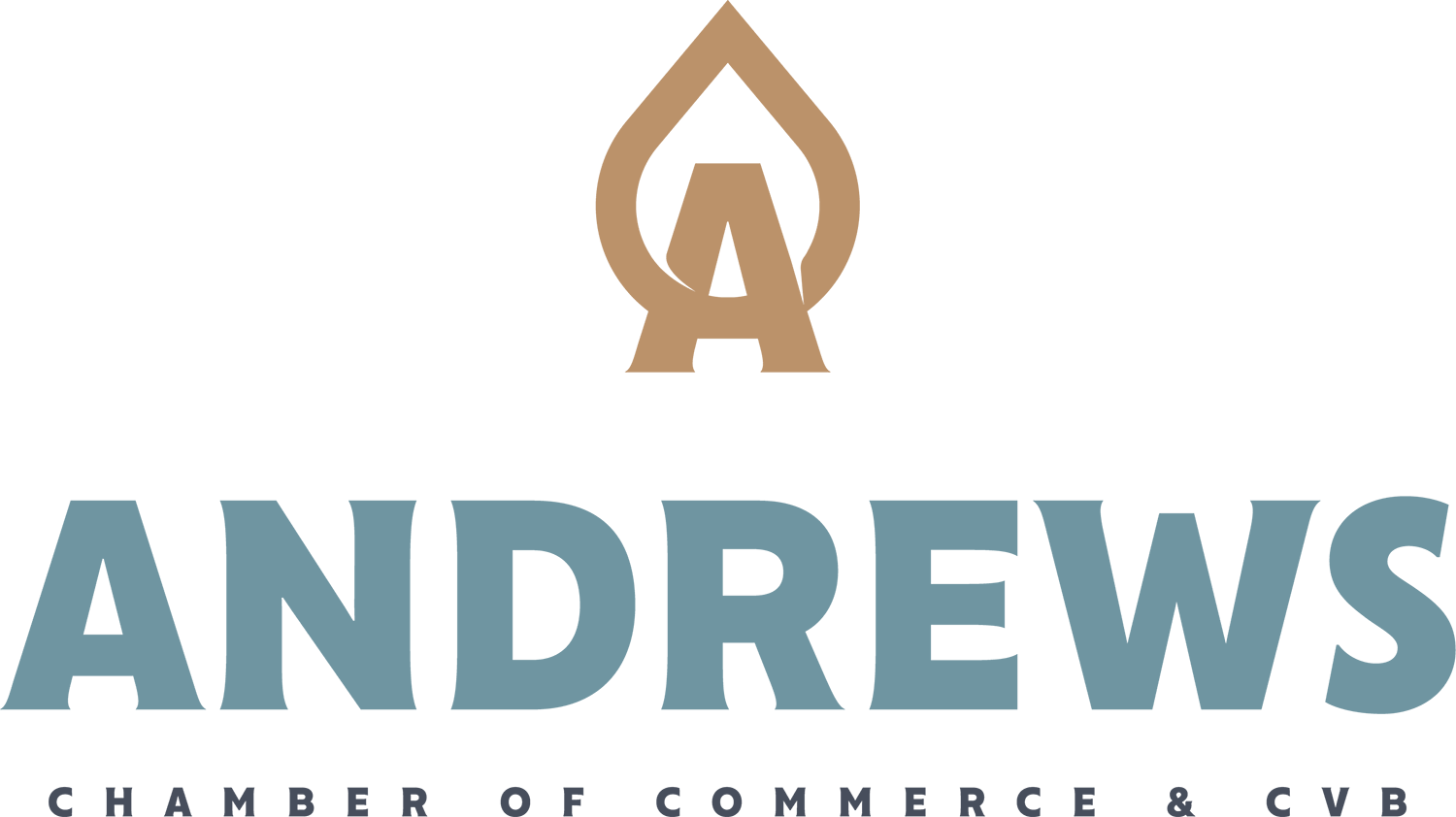If you’re starting a new business today, you’re not just opening a storefront, launching an app, or building out a brand. You’re inheriting a responsibility that legacy companies used to grow into slowly: protecting customer data like it’s sacred. And let’s be honest—many of them still don’t do it well. You don’t get that same luxury of ignorance or delay. In 2025, you’re expected to do it right from the jump, and that means understanding that privacy and trust are not buzzwords—they’re currency.
Start Smart, Not Later
One of the first mistakes people make is assuming they don’t need to worry about data security until they “get big.” That logic is upside down. If anything, you’re most vulnerable when you're small because you haven’t built out defenses or disaster plans. Starting with strong habits—encrypting sensitive information, using multi-factor authentication, and never storing what you don’t absolutely need—sends a clear message: you’re not here to play fast and loose with trust. And when a customer hands over their name, their email, their payment info, they’re not just handing over data—they’re handing over belief.
Limit Who Touches What
Let’s talk about access. A lot of founders focus on what tech stack to use but never ask, “Who actually needs to see this data?” That’s a crucial question. Building a business where access is tightly controlled—even if you’re a team of three—is a smart early discipline. It sets the tone for growth. Don’t normalize casual access to sensitive info. Use role-based permissions, and make sure your contractors and interns aren’t walking around with admin-level control just because no one bothered to create real user tiers.
Tell People What You’re Doing
Transparency is underrated. Customers don’t expect perfection—they expect honesty. If you’re collecting data, let them know why, and let them opt out of anything that’s not mission-critical. Cookie banners are a bare minimum. You want to be better than compliant—you want to be clear. That kind of radical openness is rare and memorable, especially in the early days of a business when people are still deciding if they trust you.
Put PDF Protocols to Work
You might not think of PDFs as frontline security tools, but they’re a quiet powerhouse when it comes to organizing and safeguarding key business documents. Contracts, customer agreements, onboarding forms—all of it can and should be stored in PDF format to reduce format drift and keep records consistent. Saving your documents as PDFs and locking them with password protection ensures that only those with the right credentials can get in. And if you ever need to lift that barrier, you can use a tool that updates your PDF’s security settings and removes the password without compromising the file—check this out if you need something lightweight but effective.
Think About the End Before It Comes
One thing almost no one talks about: what happens if you want to sell or shut down? You should have a plan for what happens to customer data in that scenario. Will you delete it all? Will you anonymize it and hand it off? It’s a strange thing to consider while you're still bootstrapping and building, but responsible founders think about the endgame too. Having a customer data exit strategy is a sign that you view data stewardship as a long-term commitment, not a one-night stand.
Protect the Physical World Too
Another blind spot: physical security. It sounds quaint in the age of cloud storage, but plenty of data lives in the real world—on laptops, printed reports, even whiteboards. If you're working from a coworking space, are your devices locked down? If you’re jotting notes during client calls, do they end up in the trash or in a shred bin? Treat the analog world with the same paranoia you treat the digital one. Sometimes, the biggest leak isn’t a hacker—it’s a stolen backpack.
Make Trust the Culture, Not the Campaign
Here’s the bottom line: protecting customer data isn’t just about avoiding lawsuits or looking good in a press release. It’s about being the kind of business people want to root for. When you treat data with care, you treat people with care. And in an economy that runs on trust, that’s worth more than any ad campaign. So bake these values into your business now—not once you’ve scaled, not after you get burned, not when your lawyers panic. Do it now, and you’ll build something real.
Discover the vibrant community of Andrews, Texas by visiting the Andrews Chamber of Commerce and explore opportunities to connect, grow, and thrive!
This Hot Deal is promoted by Andrews Chamber of Commerce.

